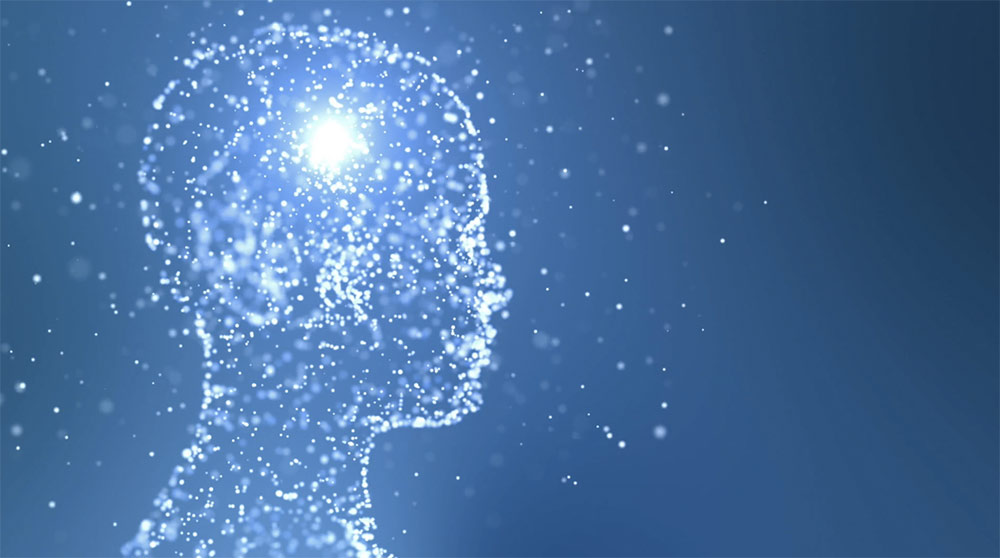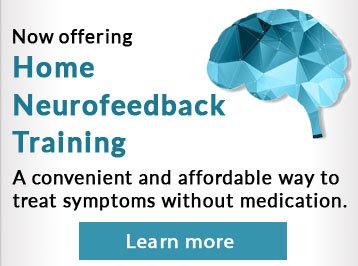What do we offer?
At Behavioral Associates, we are currently offering Ketamine Assisted Psychotherapy (KAP) as either a stand-alone treatment or in conjunction with your ongoing talk therapy. In line with our progressive and transformative treatment opportunities, this program continues to push forward in the world of psychology as a leader in the New York City Metropolitan area.
Who is this for/requirements to be in the program?
In order to be entered into the program, an initial intake will be completed as the first step in the process. The intake session will determine if KAP is appropriate for you, but generally speaking, most people are eligible. Contraindications include, but are not limited to, cardiovascular issues and certain medications.

What is KAP / Research-Theoretical Framework
What is Ketamine?
Ketamine is an anesthetic first synthesized in 1956 from phencyclidine. Used as a field anesthetic for medical emergencies, it saw much use by medics during the Vietnam War. It is still used for some extremely painful procedures and to manage chronic pain, as well as being widely used in pediatrics. Veterinarians also favor it as an anesthetic, which is why Ketamine has received the misleading nickname of “a horse tranquilizer.” Ketamine today is best known for its antidepressant qualities.
A New Way of Understanding Depression
While KAP is not limited to treating depression, much of the discoveries and research around it have stemmed from working with people suffering from depression. Up until now, the medical establishment understood depression as a chemical/hormonal imbalance largely due to serotonin. This theory came about by accident. Researchers observed that drugs (for non-mental health illnesses) interacting with the neurotransmitter serotonin affect mood. Drugs that lowered serotonin sometimes created depression-like symptoms. Drugs that raised serotonin sometimes created euphoric feelings, even in patients with depression. This led to the development of selective serotonin reuptake inhibitors (SSRIs) which have been the standard treatment for depression since. However, this theory does not fully explain depression. Besides the fact that SSRIs are completely ineffective in over one third of patients, serotonin only accounts for less than 20% of neurotransmitters. The other 80% are glutamate and GABA, the neural systems that Ketamine affects.
Stress is often a major factor in depression and anxiety, as well as other mental health illnesses. One effect stress has on the brain is to inhibit glutamate signaling, impairing neural communication and adaptability. Basically, stress impairs your brain’s ability to communicate with itself. This becomes a destructive self-feeding cycle. The research has led to a new way of understanding the neurophysiology of many mental health issues, and explains why ketamine, as a GABA and glutamate instigator, works so well at treating depression, anxiety, and other mental health challenges.
What Does Ketamine Treatment Look Like?
Since 2000, when ketamine trials first began, there have been many studies exploring proper dosing. Two similar studies found that patients who show positive responses to a single dose will benefit more from multiple doses. This may sound obvious, but in the mental health world, more is not always better. The established standard practice is for patients to receive multiple subanesthetic doses spaced over several weeks to months.
In many clinics, ketamine treatment diverges from the psychedelic-assisted psychotherapy model which is gaining traction and credibility in the mainstream. Whereas psychedelic substances are used as an aid to therapy, ketamine has been viewed from a strictly pharmacological understanding. This perspective is often called the “Medical Model” of Ketamine. This means patients are administered ketamine without therapeutic guidance. The experience they have while on ketamine has been largely ignored.
However, in light of the paradigm-shattering advancements in psychedelic-assisted psychotherapy, another aspect is being added to ketamine treatment that we at Behavioral Associates believe to be a more robust treatment option.
Ketamine-assisted psychotherapy (KAP) capitalizes on the neuroplasticity and neurogenesis engendered by the Ketamine. While the brain is in a regenerative state, therapists help patients to create new, healthy neural pathways. These healthy neural pathways change baseline thinking and remain in place after the therapeutic session. Even though ketamine as a strictly pharmacological treatment (without therapy) is very effective, it can be even more so.
Next steps
If interested in receiving Ketamine Assisted Psychotherapy and to check your eligibility, please contact us at (212) 860 – 8500 to schedule an intake appointment.
Resources


